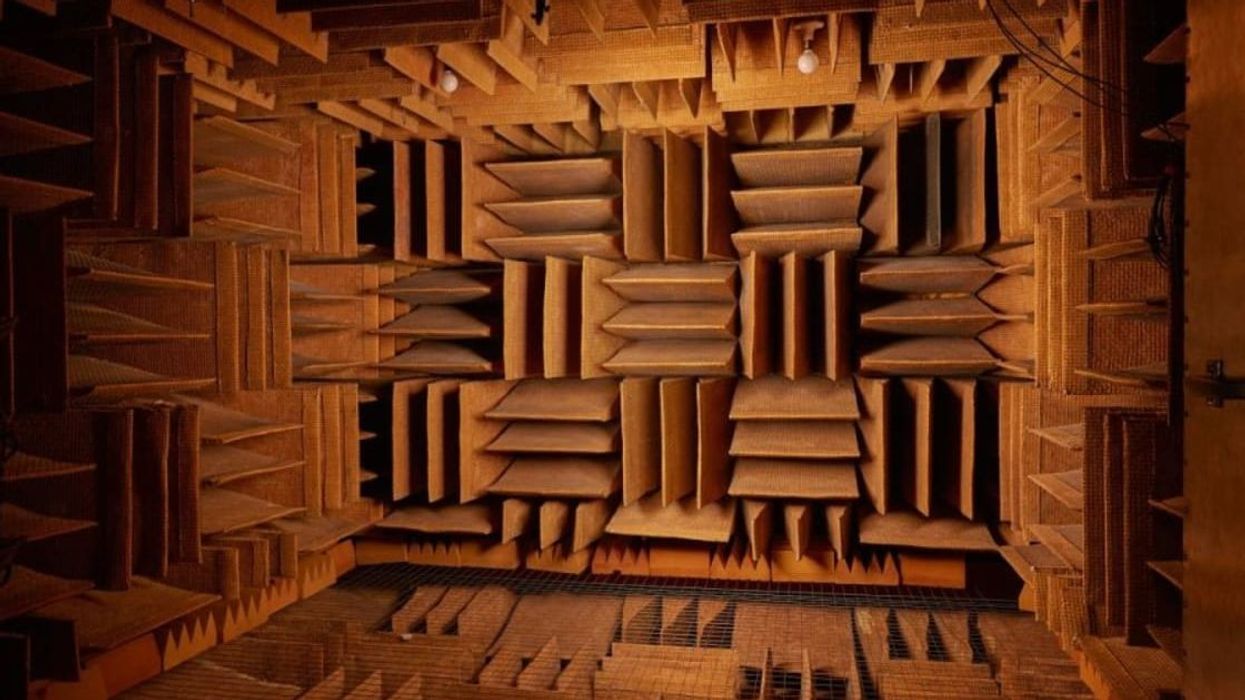Here's an apparently ridiculous idea for solving the world's drinking water shortages: Tow massive icebergs from the Arctic and Antarctic to the dry, populous regions that are desperate for water. It may be crazy, but it also just might work.
A French engineer, Georges Mougin, has actually spent the past three decades working on the concept, ever since a Saudi prince challenged him in 1975 to bring an iceberg up from Antarctic to the Arabian peninsula. He failed and failed again, but the obstacles—mostly incredibly rough and unpredictable ocean conditions—seemed like they could be overcome. A few years back, with the advent of advanced ocean forecasting methods, Mougin relaunched the project as IceDream. Today, he's got a whole team of glaciologists and engineers working to figure it out. Their first goal: Drag a single iceberg from the coast of Canada across the Atlantic before it melts.
This two-minute video doesn't give too many details, but the images of icebergs are pretty stunning, and you'll see some of the super-futuristic virtual simulations. (Not to mention the super-futuristic music.)
[youtube]https://www.youtube.com/watch?v=opChLhLMFmU
The World Water Council estimates that there are 1.1 billion people living without access to safe drinking water.
It's important to remember that icebergs are different than floe ice, or what is commonly referred to as the "ice cap." Whereas floe ice is actually frozen sea water, icebergs break (or "calve") off of glaciers and ice shelves, like those collapsing off of Greenland, Northern Canada, and Antarctica. It's hard to calculate exactly how much potential fresh water is stored in all these calving glaciers, but Greenland alone shed an average of 195 cubic kilometers of ice every year between 2003 and 2008.
By my back-of-napkin calculations, that's around 51 trillion gallons of water every year from Greenland alone. These icebergs are simply melting into the sea. Gougin would say they're "wasted."
I'm sure that it's going to prove incredibly expensive to tow icebergs all around the world, and I'm not certain it'll be more cost-effective than providing poor communities in arid regions with smarter water collection devices. But it's certainly a fascinating concept. I'll be eager to see that first test tow.












